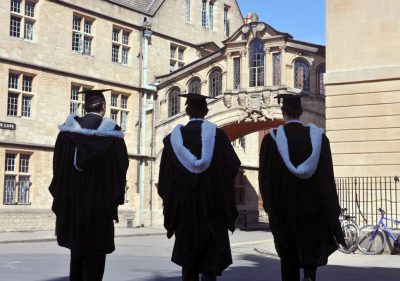Gavin Williamson, Secretary of State for Education noted that unconditional offers had risen from 3,000 in 2013 to nearly 76,000 this year in United Kingdom universities; for this fact, he instructed universities to limit unconditional offers and create a minimum predicted grade threshold rather than a free for all to maintain students’ bright form.
An unconditional offer is where universities in England offer places to applicants regardless of their exam results, a practice that has grown rapidly since the government removed the cap on student numbers in 2015.
From recent data, there has been a rise in unconditional offers handed out by universities in the United Kingdom (UK). Most of those being targeted by these offers are projected A-level graders.
Unconditional offers remove the university requirements on a student and an automatic guaranteed spot on the program of choice.
Is it beneficial or sacrificial?
An unconditional offer gives security for students that are eager to land a university spot but at the same time, limits their range of choice on what they want. Removing the A-level grade to secure a spot in a university is a good offer, but it does diminish the sense of urgency for a student to excel in his grades. This removes the competitive spirit among students.
Secretary Gavinson had suggested limiting the proportion of students given unconditional offers or setting minimum predicted grade thresholds, as a way of cutting the numbers.
Williamson laments effect on education
Complacency is a common factor that The Office for Students (OFS) has noticed on their January report. The underlying impact of these offers on students’ decision making affects their academic performance by two or more grades less than expected.
Addressing the Universities UK annual conference in Birmingham, Williamson implored:
We need to work together on some of these issues. If we don’t tackle them, your hard-won reputation for excellence will be undermined.
For some Universities, the practice of unconditional offers can be a risky choice after all. Its either giving out a slot for someone deserving or just for someone you think deserves to be there.
Filling in an underperforming student from unconditional offers can bring down a University’s performance and at the same time discourage the student for not achieving what was expected from him. This can be devastating to both parties.
On a lighter note…
MillionPLus, is a membership organization aiming to promote modern universities in the UK higher education system. As quoted from their chief executive, Greg Walker.
“Higher education plays a major role in narrowing educational gaps that occur in primary and secondary education,”
Low socioeconomic status usually translates into low educational attainment. With the help of unconditional offers to support those students with the potential to excel, an effective and just approach should be made to enable social equality.







